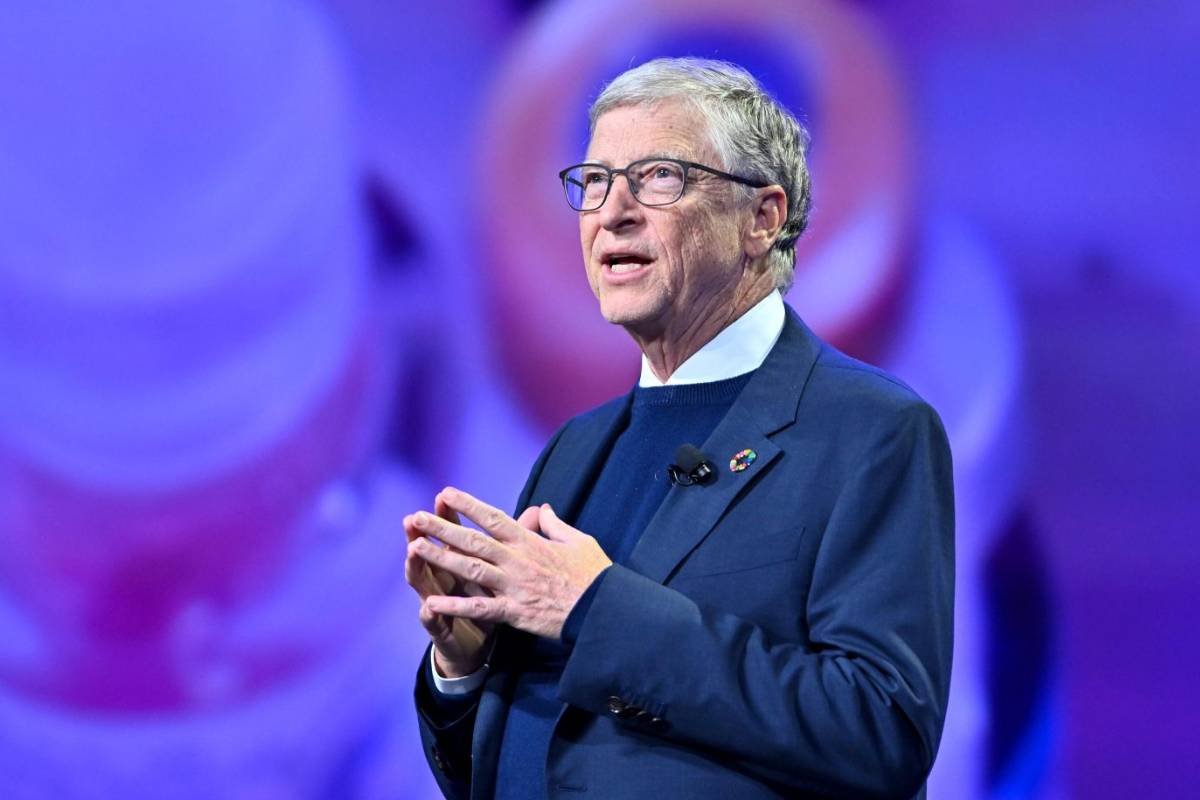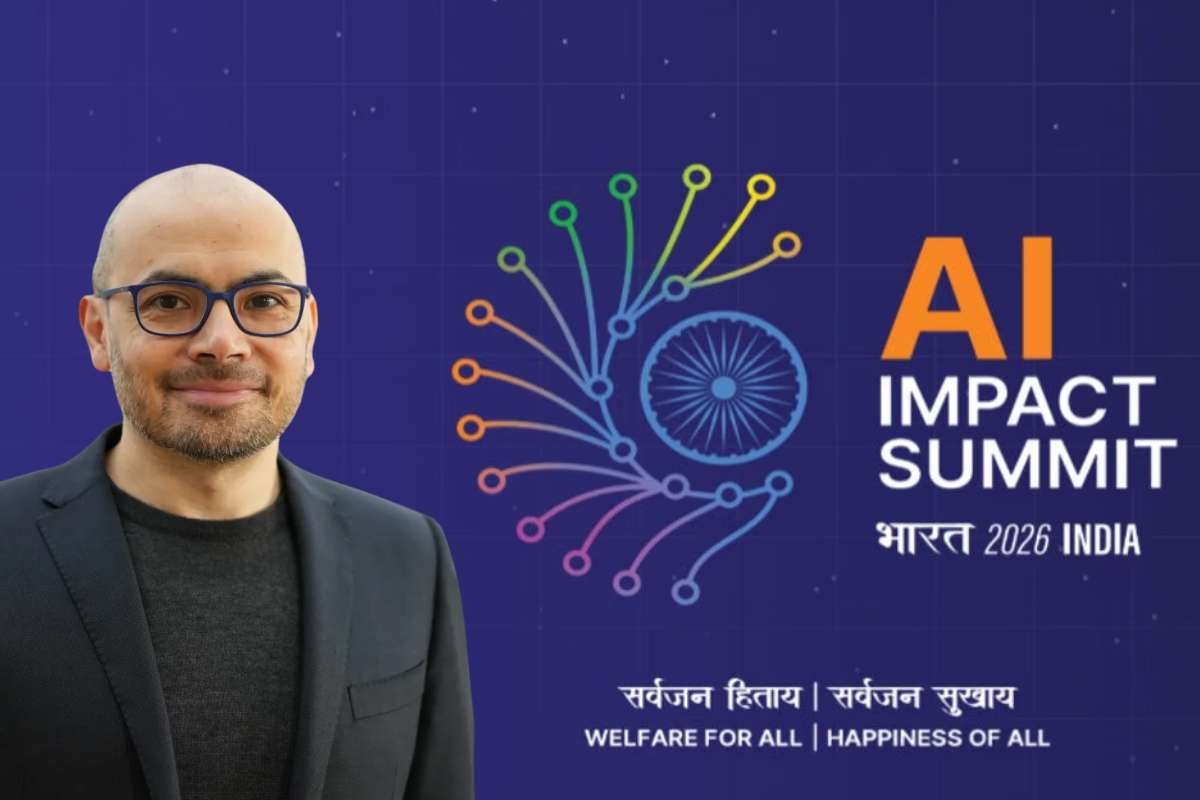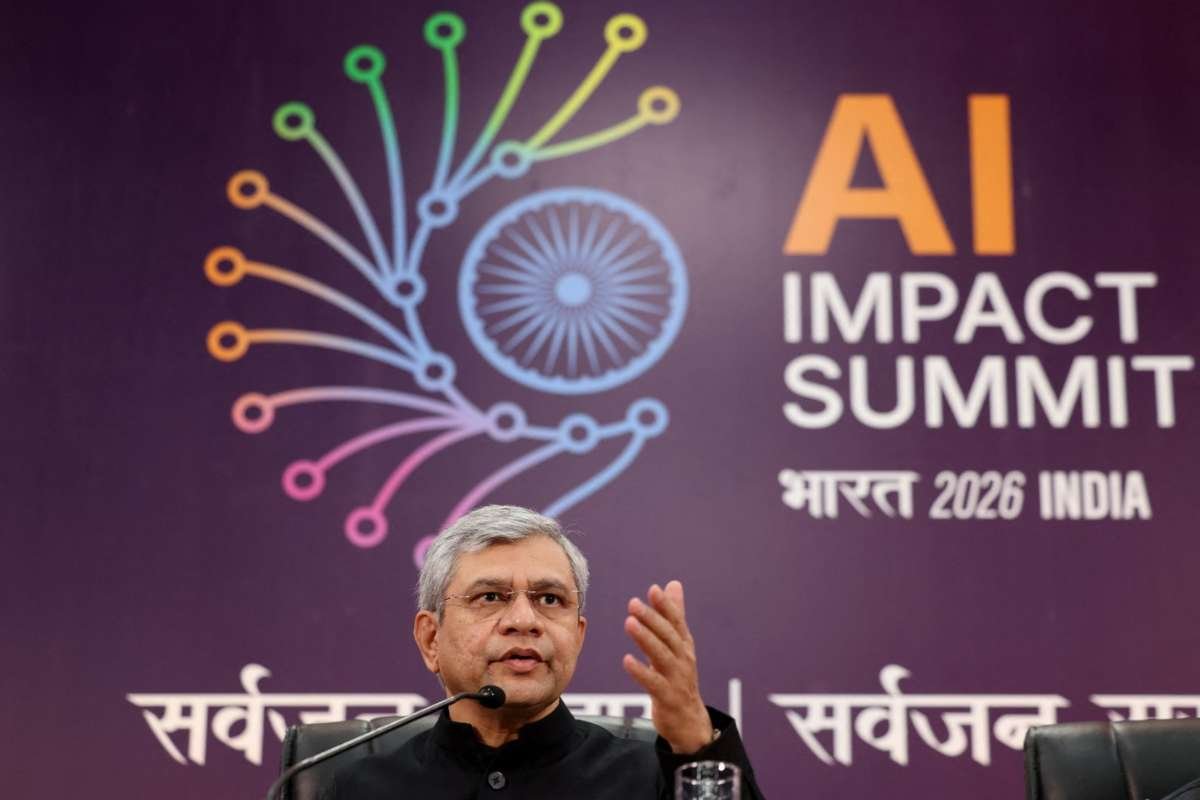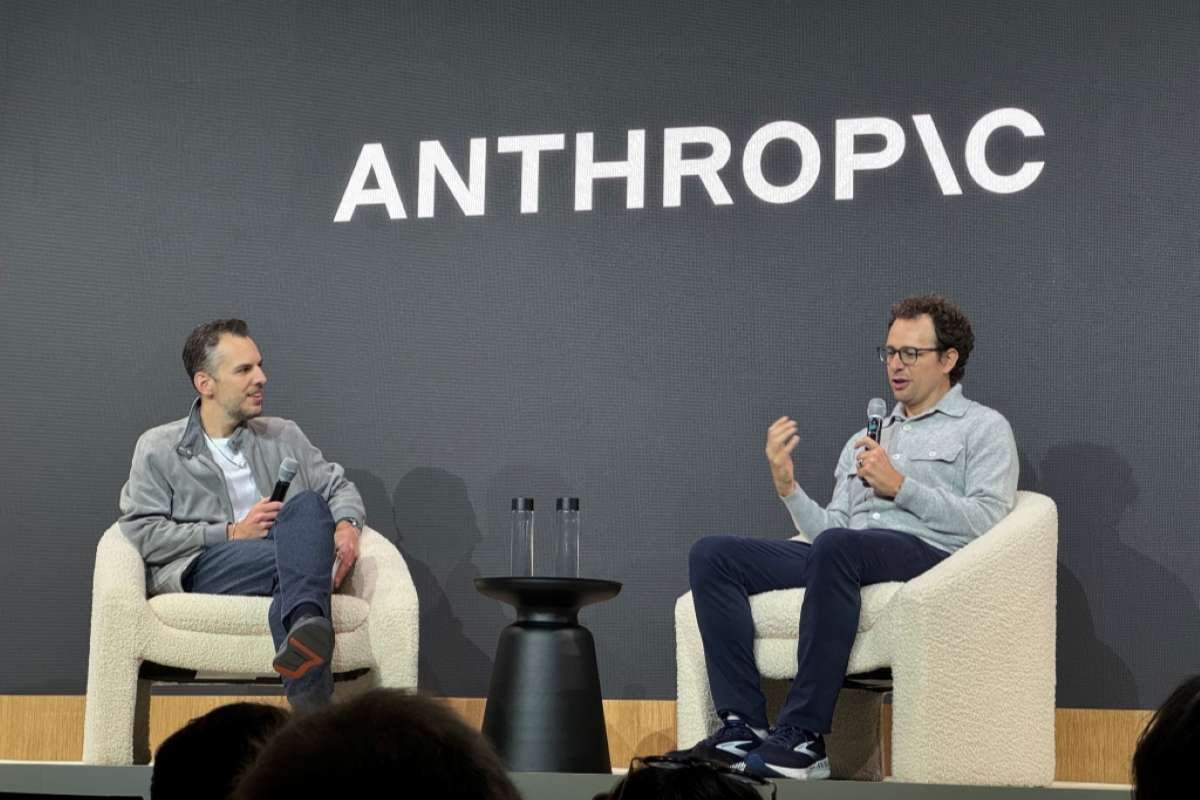Bill Gates has issued a cautionary message to young people, highlighting four major threats that could shape the world’s future. While concerns about nuclear war persist, he emphasized that newer dangers have emerged, requiring immediate attention.
Growing Threats Beyond Nuclear War
In an interview, Gates reflected on his younger years, stating that the primary global concern back then was the threat of nuclear war. However, today’s younger generations face additional risks, including climate change, bioterrorism or future pandemics, and the challenge of keeping artificial intelligence (AI) under control.
Due to its rapid advancements, AI, in particular, has raised widespread concern. Experts and Bill Gates warned that if AI surpasses human intelligence without proper safeguards, it could pose a significant threat to humanity. A survey in 2023 revealed that two-thirds of Americans believed AI could endanger civilization.
Professor Geoffrey Hinton, a leading AI researcher, has also expressed concerns, suggesting that AI could reach an extinction-level threat within the next five to twenty years. Hinton left Google in 2023, citing worries that AI was developing faster than anticipated and might become uncontrollable.
The Potential of AI for Good
Despite these concerns, Bill Gates remains optimistic about AI’s potential benefits. He believes AI could help address skill shortages in various fields, such as medicine and education. With a lack of medical professionals and educators in underserved areas, AI could bridge the gap by providing expertise and tutoring services. Over time, AI could make intelligence more accessible and affordable.
While the risks associated with AI remain serious, Gates sees it as a tool that, if managed properly, could improve lives and create new opportunities. He acknowledges that the timeline for AI advancements remains debatable, but he is confident in its ability to enhance society if used responsibly.
A Bright Future Amidst Global Challenges
Although Bill Gates warn and highlights significant risks, he remains hopeful about the future. He believes that advancements in science and technology will lead to the eradication or effective treatment of major diseases, including obesity, Alzheimer’s, HIV, polio, measles, and malaria. With innovation at its fastest pace in history, he is confident that humanity will find solutions to many of today’s pressing challenges.
Gates also believes that younger generations will play a crucial role in preventing the worst-case scenarios. He suggests that the fear of these global threats will motivate people to mitigate risks. By exaggerating the likelihood and potential consequences of certain dangers, society can be pushed to develop solutions and policies that prevent them from becoming reality.
Concerns Beyond Global Threats
In addition to discussing existential risks, Bill Gates has recently shared his thoughts on other topics. He has commented on the tech industry, particularly on Intel’s decline in chip design and fabrication. While he acknowledged that the company had lost its competitive edge, he also praised the efforts of its former CEO, Pat Gelsinger, for attempting to restore its position in the industry.
Bill Gates warning serves as a call to action for younger generations to remain vigilant and proactive in addressing the challenges that could shape the future. While threats like AI, climate change, and pandemics pose real dangers, advancements in science and technology offer hope for a brighter and more resilient world.








